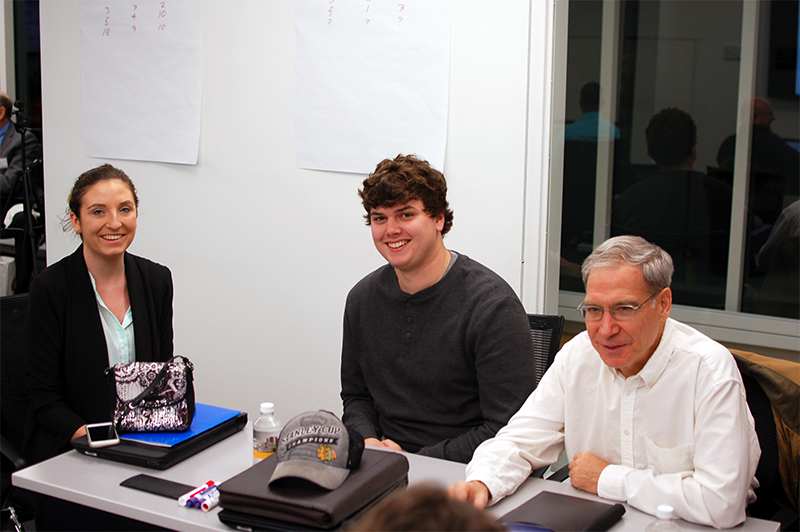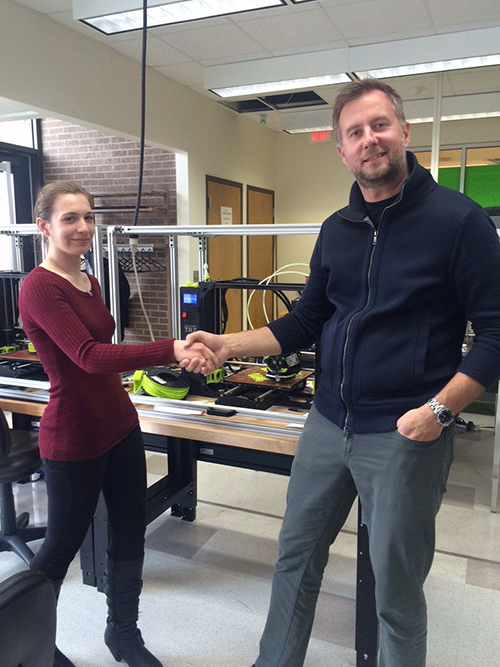Benefits to the Academic and Entrepreneurial Leads. As a participant in the Milwaukee
I-Corps program, you will participate in a process that is the “state of the art” in new venture development. You will experience and practice the customer discovery process that will inform your thinking about forming a company or commercializing a technology – and may also impact they directions for your research and the strength of future proposals. You’ll become an NSF funded investigator, which will make you eligible for funding opportunities including the national I-Corps program ($50,000 team grants). In addition, you will have the opportunity to work with a group of smart, motivated and committed business leaders, entrepreneurs and researchers – and become part of a growing network of innovators and entrepreneurs in the Milwaukee area.
Commit to the Sessions. Teams have committed to participating in all of the sessions. Teams are asked to review the materials for each session in advance so that we can focus our time together as a group on interactions rather than “content delivery.” In the exceptional case where a team member cannot participate in person, the other members of the team are responsible for managing their participation via Skype or other video conferencing method.
Commit to the Customer Discovery Process. The customer discovery process is an essential building block of the Lean LaunchPad process. You will be challenged to conduct 40 customer interviews, and this is not easy. You will struggle with this … everybody does … it will get easier with practice and you will get better. You will be challenged to ask questions in a very particular manner that will get past the “fluff” and get to the real data. In the end, these skills will serve you in many ways that you might not imagine. You need to “get out of the building” if you’re going to learn.


